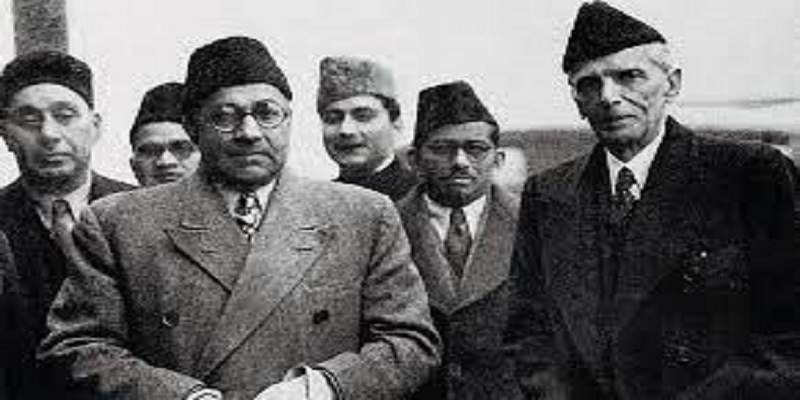Elections of 1945-46 and Global Transformation
The elections of 1945-46 were a pivotal moment in the political landscape of several countries, marking a transition from the tumultuous era of World War II to a post-war world order. The aftermath of the war brought about significant changes in political ideologies, social structures, and global power dynamics. This period witnessed elections in various nations, each reflecting the complex challenges and opportunities emerging in the wake of the war.N
Context:
The end of World War II in 1945 left the world in a state of reconstruction, with nations grappling with the physical, economic, and social devastation caused by the conflict. The political map was redrawn, and the war had profound effects on the ideologies that shaped governments. The elections of 1945-46 were a means for nations to determine their political futures and decide the course of reconstruction.
United States:
In the United States, the 1946 midterm elections were crucial as they marked the first post-war electoral test for President Harry S. Truman, who had assumed office after the death of Franklin D. Roosevelt in 1945. The elections saw the Republicans making significant gains in both the House of Representatives and the Senate. This shift was attributed to factors such as post-war economic challenges, labor strikes, and a desire for change. The election results influenced the direction of domestic policies and set the stage for the early years of the Cold War.
United Kingdom:
In the United Kingdom, the 1945 general election is notable for its role in transforming the political landscape. The Labour Party, led by Clement Attlee, emerged victorious, ending Winston Churchill's wartime leadership. The election marked a shift towards a more socialist agenda, with the establishment of the welfare state and the nationalization of key industries. The mandate for change reflected a desire for social justice and reconstruction after the war.
Europe:
Across Europe, nations ravaged by war held elections to determine their post-war trajectories. In countries like France and Italy, the elections of 1945-46 were characterized by the struggle between communist and anti-communist forces. The aftermath of the war had left these nations deeply divided, and the political landscape was shaped by the tensions of the emerging Cold War. The fear of Soviet influence and the desire for stability influenced electoral outcomes and the subsequent formation of governments.
Asia:
In Asia, the aftermath of World War II saw the end of colonial rule in many countries. India, for instance, held elections in 1945-46 that played a pivotal role in its journey towards independence. The demand for self-rule and the leadership of figures like Mahatma Gandhi were central to the political landscape. The elections laid the groundwork for the eventual partition of India and the creation of Pakistan in 1947.
Global Implications:
The elections of 1945-46 had profound implications for the post-war global order. The emergence of the United Nations, designed to foster international cooperation and prevent future conflicts, reflected a commitment to a new world order. The geopolitical landscape was defined by the ideological divide between the democratic West and the communist East, setting the stage for the Cold War.
Challenges of Reconstruction:
The post-war period posed significant challenges for nations involved in the elections of 1945-46. Reconstruction efforts required addressing not only the physical damage inflicted by the war but also the social and economic scars. Governments had to navigate the complexities of demobilization, the return of soldiers to civilian life, and the rebuilding of economies. The elections became a platform for political parties to present their visions for recovery and development.
Legacy:
The legacy of the elections of 1945-46 endured for decades, shaping the political, economic, and social landscapes of the post-war era. The establishment of new political orders, the redefinition of national identities, and the geopolitical tensions of the Cold War were all influenced by the outcomes of these elections. The period marked a transition from the uncertainties of the immediate post-war years to the challenges and opportunities of a new world order.
The elections of 1945-46 were a critical juncture in history, representing the hopes and aspirations of nations emerging from the ravages of World War II. From the United States to Europe, Asia, and beyond, these elections played a crucial role in shaping the post-war world order. The choices made by voters during this period had far-reaching consequences, influencing the direction of domestic policies, the establishment of international institutions, and the dynamics of the emerging Cold War. The elections of 1945-46 were not just a democratic exercise; they were a defining moment in the collective effort to rebuild and reshape a world shattered by war.

